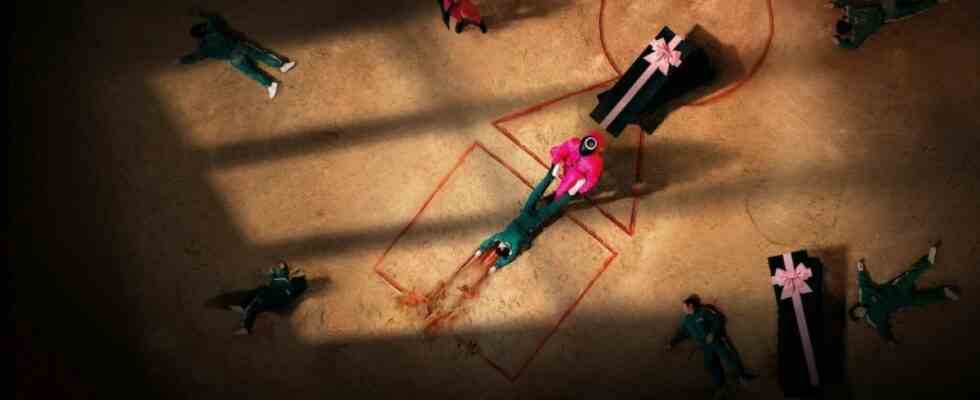Anyone who has ever tried to find a film or series for the evening knows the problem. It’s a quest reminiscent of the seventh circle of Dante’s Inferno: you fight your way through the endless expanses of streaming platforms and still don’t find anything suitable. After two hours you give up, start something and then fall asleep after 13 minutes or curse about what a terrific porridge that is. It’s like switching through the TV channels back then. Only: Wasn’t it one of the great promises of streaming services that it wouldn’t be the same as it used to be – but different, better?
The disruption of the entertainment industry has now lasted for a decade with a clear focus on customer wishes: low subscription fees, can be canceled at any time, no advertising, watch when you want and what you want. Not only in Hollywood was there a gold rush mood, investments were made all over the world in creative projects such as “House of Money” (Spain), “Babylon Berlin” (Germany) or “Squid Game” (South Korea), which are all over the world became pop culture phenomena.
So what could go wrong? Well, it happens what happens in every gold rush: when it becomes known that there is a particularly large amount of gold at a certain point in the river, everyone rushes there. Equipped with shovels, sieves and weapons (to ward off bad guys) that they previously bought for a lot of money. At some point, those with more expensive equipment, better weapons, more experience and fewer scruples will come along. This was recently seen at the Emmy Awards: Yes, there were prizes for pure gold-digger platforms like Hulu or Netflix, the other winning names: Apple, Amazon, Disney. These are the big ones with a well-stocked war chest.
The industry is now in an existential crisis. A few capitalist stats back this up: Netflix stock is down just 40 percent of where it started the year. Disney reported a $1.1 billion loss in its streaming division last quarter, and Emmy winner HBO laid off 70 employees in August. What’s wrong?
Investing was like employing an alchemist
At first, the streaming industry worked with the self-image: growth at any price. And anyone who doesn’t jump on this moving train will be run over (“Adapt or Die”). Investing was like not panning for gold, but employing an alchemist. In the USA alone there were almost 600 new series or new series seasons in 2021, plus around 3000 reality TV formats and 500 documentaries. There was a joke in Hollywood that no script was bad enough that someone didn’t throw money at it.
However, with the customer-friendly subscription that can be canceled at any time, this growth-over-mass thinking means that after three frustrating search evenings you leave one platform and switch to the next, which promises new content such as Amazon Prime with its one billion Dollar project “The Lord of the Rings: The Rings of Power” or HBO with “Game of Thrones” offshoot “House of Dragons”, theres cost $200 million.
The brutal cut-throat competition is bringing the industry that had promised nothing less than a cultural revolution back to where it started: Netflix wants to allow advertising. Amazon Prime shows the “Lord of the Rings” episodes with fixed airtime. This is to prevent customers from looking away at a season in one go and then immediately canceling the subscription. Instead of versatility and creativity, there is now a concentration on mass appeal.
The crisis has already claimed victims. Does anyone remember the Quibi streaming service? Probably only those who financed the billion grave. There will be more sacrifices, that’s the dying part of the adapt or die mantra. However, there is a risk that the streaming industry will then come along like cinema and TV are currently – like what was promised to change.
At best, the promises were wishful thinking that didn’t come true. At worst, a lie. Because what kind of revolution is it when you end up exactly where you started at the beginning?

